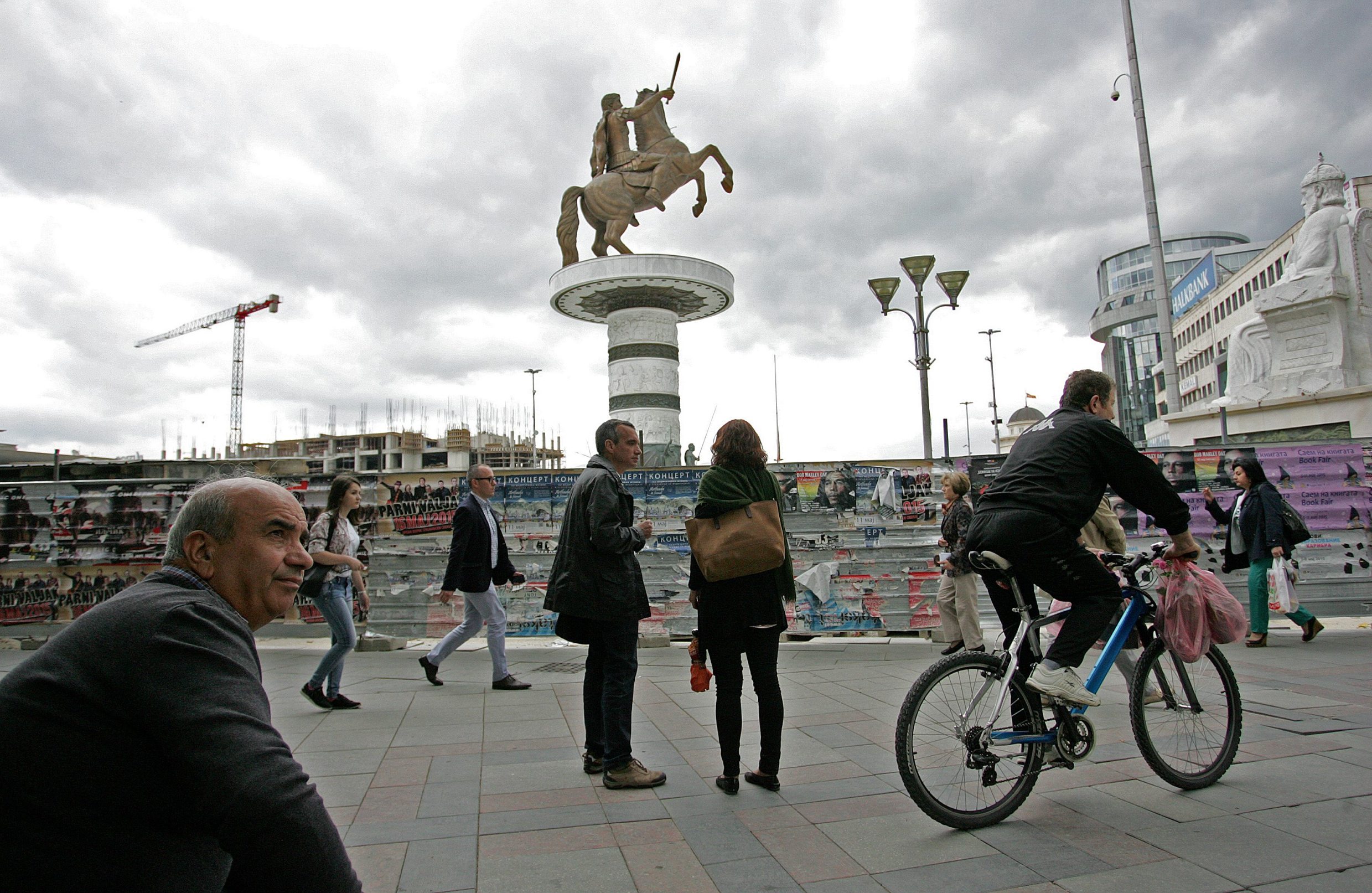
*Tim Judah is the correspondent of "The Economist" in the Balkans.
Karolina Zbytniewska, EURACTIV.pl: Why people are fleeing from Central and South-Eastern Europe?
Tim Judah: There are several factors influencing this. One of them is, of course, the economic conditions. But one should also take into account the standard of living and level of services - availability and quality of medical care or education.
In case of each country, different factors impact emigration. Different motivations make Poles leave, different work for Moldovans. In addition, never before in history has crossing borders been so easy and cheap.
How else today’s emigration is different from that of the past?
What changed is that historically people moved from the countryside to cities, from small towns to big ones, to the capital. What has happened is that countries of Central- and South-Eastern Europe have become the villages of today.
Is migration something we should worry about? In the end it’s about people seeking a better life.
We should worry, because despite similarities with the past, there is one fundamental difference. In the past, people migrated within one country, nowadays they don't.
We observe the dangerous phenomenon of depopulation of certain regions, which leads to their impoverishment. Individual countries are in a vicious circle. With workforce abroad, they are unable to offer quality services to their inhabitants, so they also decide to search for better life away.
According to your research, from 1989 to 2050 the depopulation in Poland is expected to reach 15%. Much more than in case of Czech Republic and Slovakia (3% and 6%). Bulgaria may lose the most (39%). Where do you think the discrepancies in migration levels come from?
Worrying forecasts for Romania (depopulation at 30% by 2050) or Bulgaria result from several reasons. These are still the poorest EU countries, and the accession in 2007 enabled many young, educated people to go to the West, where they could pursue their professions.
The desire to improve our lives remains the main reason for migration. What about the sense of national identity and attachment to homeland?
National pride cannot feed a family. If a public transport driver in Skopje earns 200 euros a month and in Berlin he can get 2,000 euros for the same job - for him the choice is obvious.
But it's not always the desire to earn more money. Young people prefer to live in more interesting "cities" than in a boring "village", to refer to the metaphor I used earlier.
With every other young, enthusiastic person leaving, villages become even more "boring"...
That's the kind of people you need to change these "boring" places for.
How?
For the last 18 months I have been searching for facts, to understand how this mechanism works. I realized that even serious newspapers like "The Guardian" or "Financial Times" use wrong figures.
I would like migration to be the subject of a serious public debate. We have to establish all possible statistics to accurately understand this phenomenon.
It is also possible to reverse the negative trend when a country enters a path of development. Unemployment is now low in Poland. The government has launched social programmes. Wages are rising. Today's migration is different.
Some young people might not feel comfortable in conservative communities. For example, homosexuals living in a small town near Warsaw or Sofia may think: "why should I stay in a place where I encounter intolerance when I can move to London"?
Still in Southern Europe the emigration is about winning a decent life. The scale of brain drain is enormous there. I recently talked to a friend who lives near Sarajevo. He said that the last paediatrician has left his town. This is not an isolated case.
In the Western Balkans I got the impression that people are deeply disappointed with their situation and do not believe anything can change in the near future.
This is true. One taxi driver told me that for over 20 years he waited for any changes for the better until he finally started to hate himself because of his naivety and idleness.
However, life in the Balkans today is different from that of the 1990s, although the changes are not progressing as quickly as inhabitants themselves would have liked. Countries of Central and South-Eastern Europe are trying to catch up with the West, having 30-40 years of delay. But success is possible only if time stops for the Western countries. But time cannot be stopped.
Poland started European integration at 49% of the average EU GDP, and in 2018 it was already 71%.
Poland is among the leaders of the race. Balkan countries are still far behind.
The interview was conducted thanks to fjum_forum journalism and media foundation.





Za sudjelovanje u komentarima je potrebna prijava, odnosno registracija ako još nemaš korisnički profil....